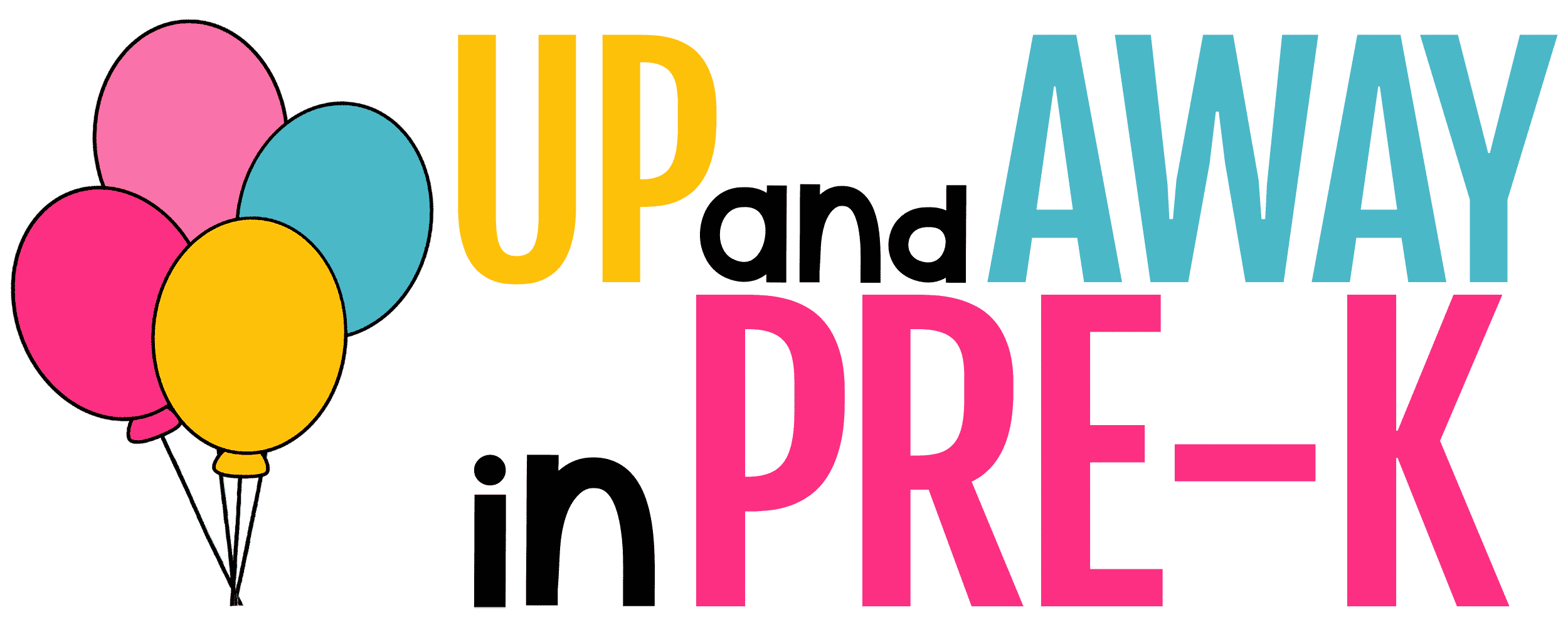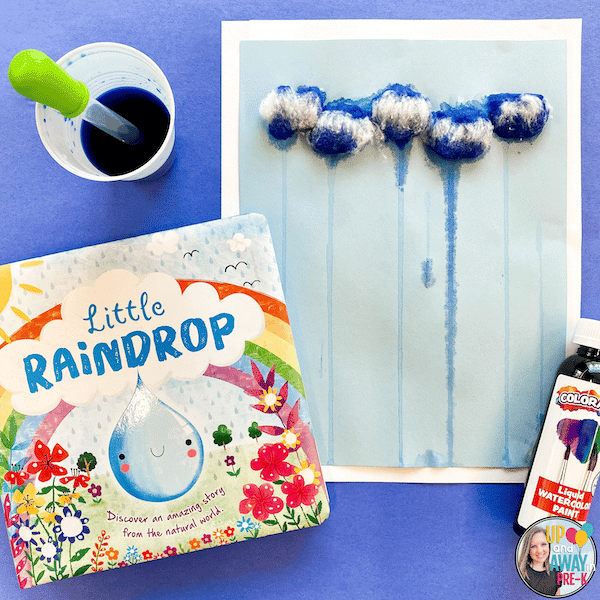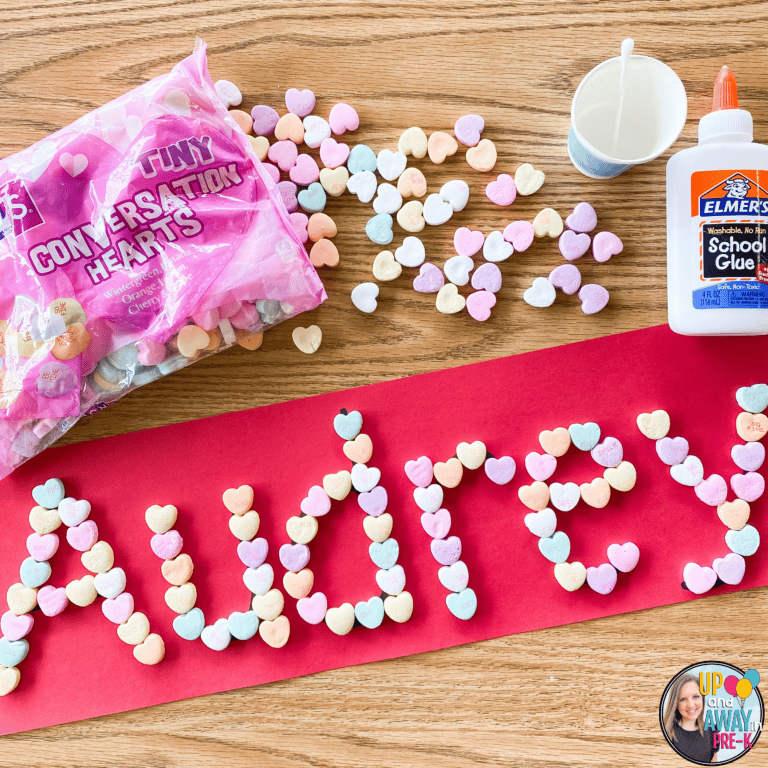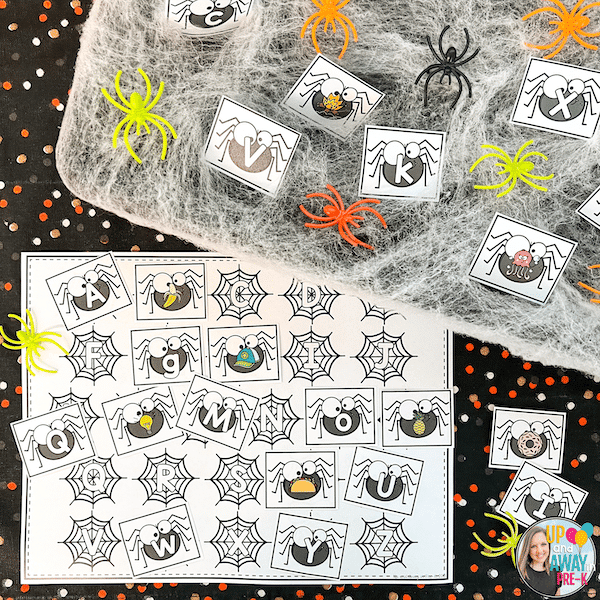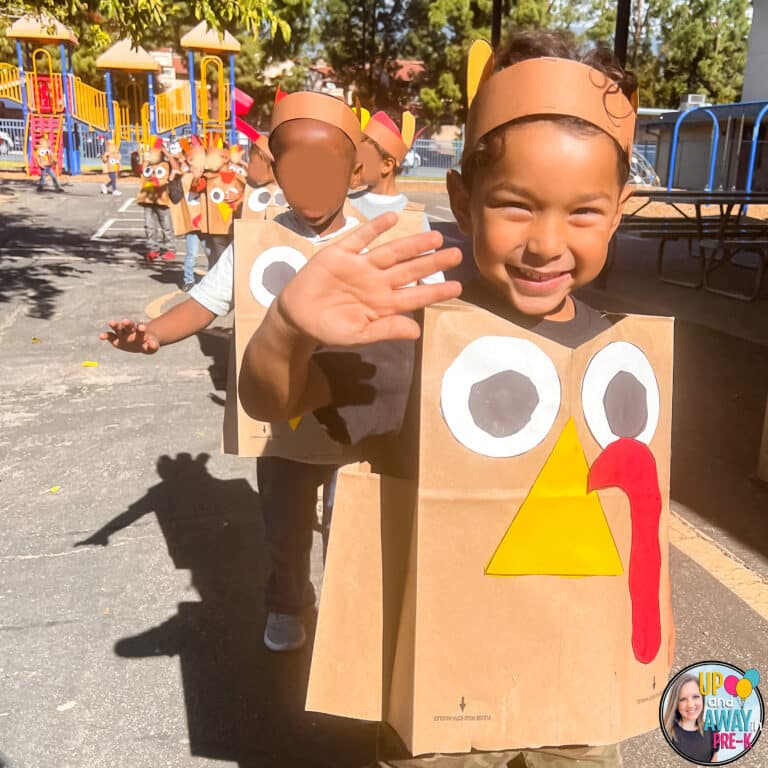Using Books in Pre-K
Using books in Pre-K is an ESSENTIAL piece of teaching little ones at home or in the classroom.
Learn how to choose the best books and incorporate them into amazing lessons!
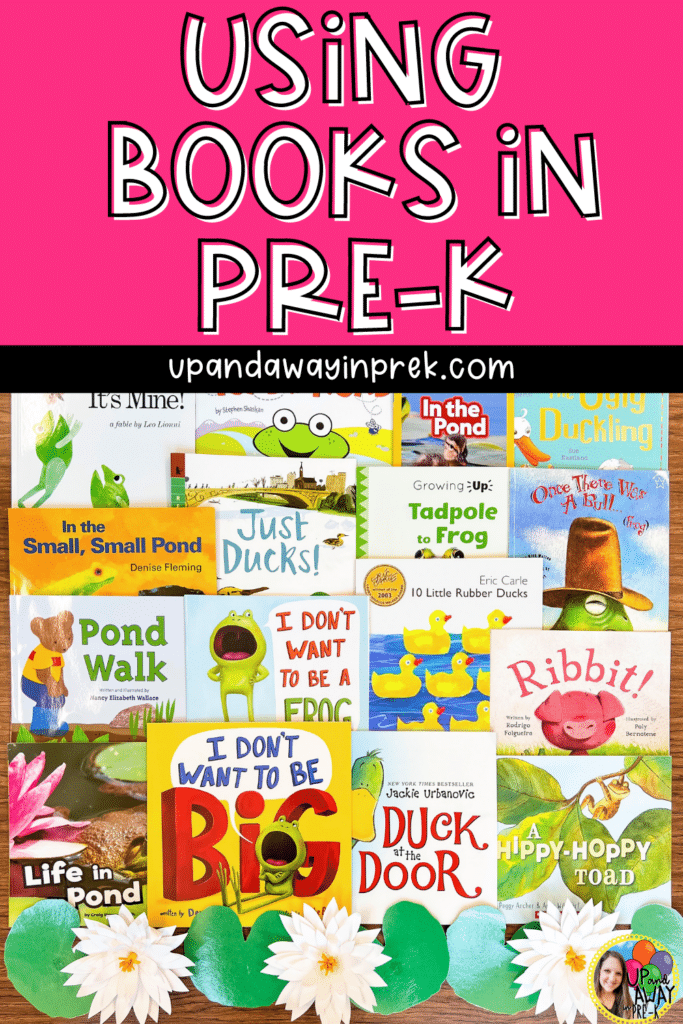
Reading to children helps increase cognitive and language skills, encourage imaginations, and expand attention and focus. Familiarizing children with books from a young age can also lead to a lifelong love of reading.
*As an Amazon Associate I earn from qualifying purchases.
Choosing books
The quantity and quality of books you choose really does make a difference in keeping little minds engaged in learning.
How many books should I have?
Did you know that research supports having at least 10 books for every student in your classroom with no less than 100 books total? (Fractor, Woodruff, Martinez, & Teale, 1993; Reutzel & Fawson, 2002).
Don’t let this number stop you in your tracks. Think about it with a few thematic units in mind, and you’ll have a 100 books gathered before you know it!
Some of super fun Pre-K themes are apples, Valentine’s Day, and zoo animals.
Books with targeted vocabulary
You can teach just about anything with the right book. Use books to help students learn about new vocabulary and expand their understanding of already familiar concepts.
Use books to teach counting, emotions, history, the alphabet, and so much more.
Favorite books for preschoolers
Brown Bear, Brown Bear, What Do You See? by Bill Martin Jr.
The predictive text found in this childhood classic is helpful for emerging readers.
The Very Hungry Caterpillar by Eric Carle
Focus on counting and days of the week while introducing your students to the lifecycle of a butterfly with this childhood classic.

The Rainbow Fish by Marcus Pfister
Use this bestselling book to discuss friendships and sharing with preschoolers.
Variety in books
Books are also a great opportunity to introduce students to different races, ability levels, settings, and more. Create a safe space for your students to ask questions about new concepts found in books.
Little learners are more likely to learn new concepts when they can make meaningful associations with the books they read. When Pre-K kiddos see qualities in characters that resemble themselves, they connect to topics easier and become more active participants in their learning.
It’s important to have a variety of books that represent the different experiences children in your classroom may experience. Some of the books in my classroom and home are likely to be different from the ones you have, and that’s perfectly fine!
Use book-themed activities
Take your classroom library to the next level by expanding favorite books into hands-on activities. I have created several activities that go along with specific books and book themes to keep learning fun and meaningful.
Brown Bear Activity Bundle
This bundle is a great accompaniment for Bill Martin Jr.’s famous children’s book Brown Bear, Brown Bear, What Do You See? It includes 26 printable math, literacy, and fine motor activities and 2 digital ones too.
Little Old Lady Activities
In my TPT store, you’ll find 6 different activities that go along with different Little Old Lady books by Lucille Colandro.
Teach sequencing, target themed vocabulary, and so much more with this engaging children’s series. Your students will be sitting on the edges of their seats and belly-laughing while you read these hilarious books!
Check out even more book companion activities on my TPT page and in my shop.
Use books in with your little Pre-K learners to maximize learning and fun!
You might also be interested in these posts:
IG | Favorite Transportation Books

Follow me for more fun! | Instagram | Teachers Pay Teachers | Amazon
Sign up for Up and Away in Pre-K emails for exclusive freebies!
References
Fractor, J. S., Woodruff, M. C., Martinez, M. G., & Teale, W. H. (1993). Let’s not miss
opportunities to promote voluntary reading: Classroom libraries in the elementary school.
Reading Teacher, 46, 476-484.

